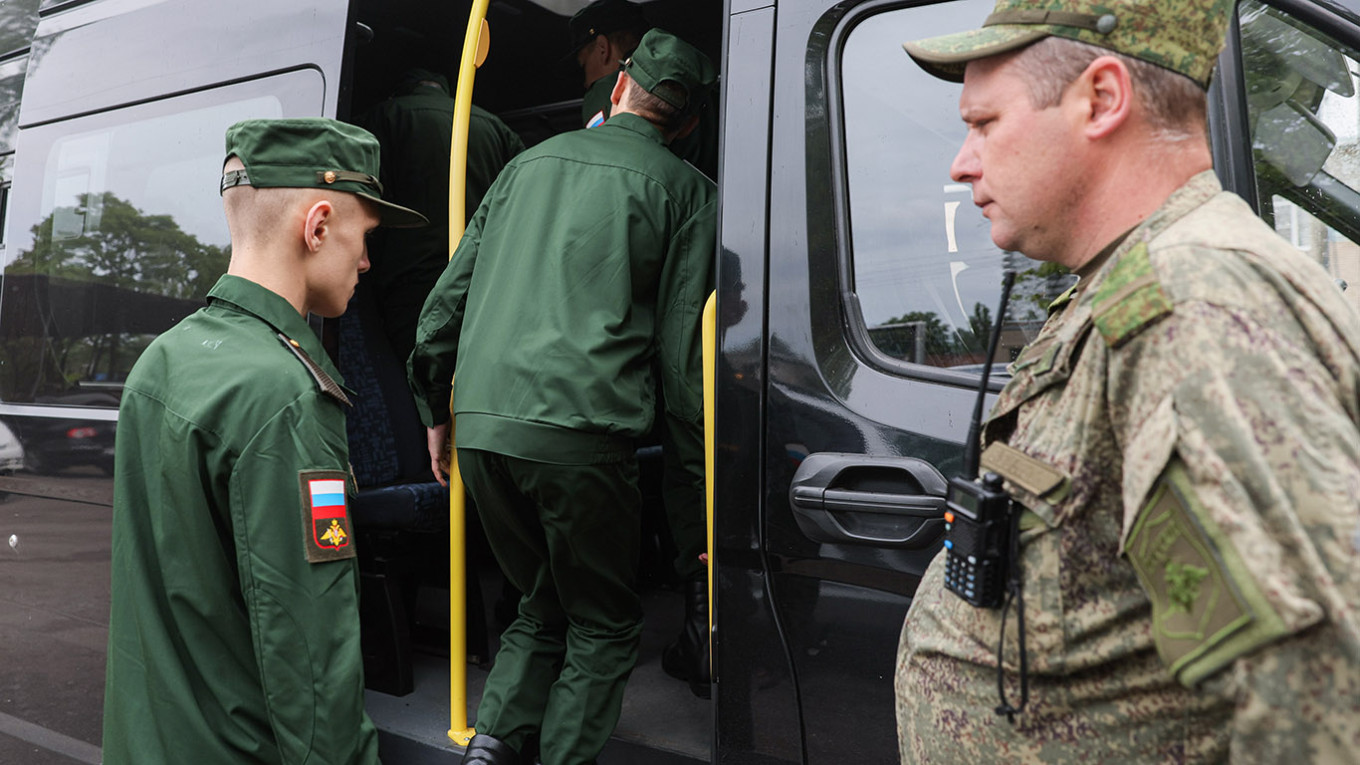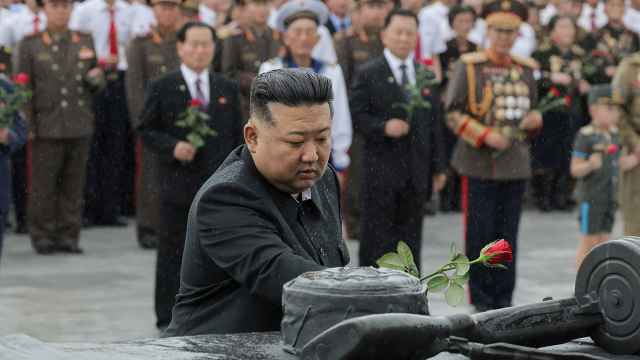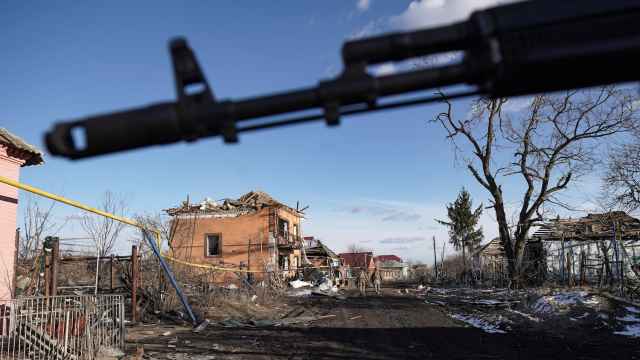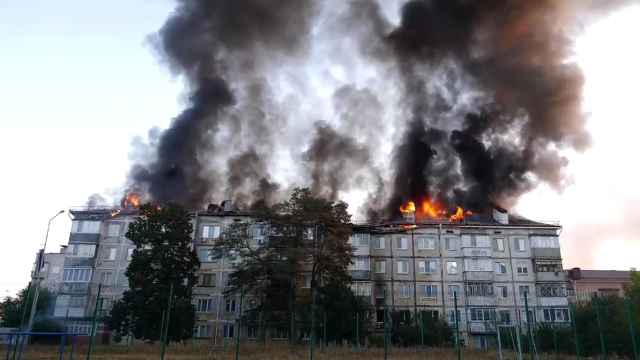Russian soldier Yaroslav Tipusyak spent his 19th birthday as a prisoner of war in Ukraine — just a day after he was captured by Kyiv’s forces in Russia’s Kursk region last week.
He was serving his compulsory military service — the year of mandatory army service that all Russian men must complete — and never crossed the Ukrainian border to take direct part in the war.
“I am not good at politics, I have never even been interested in [news about] war,” Tipusyak said in an interview from captivity which was published by Ukraine and may have been recorded under duress.
“For conscripts, the main goal is to complete their service, get that piece of paper, and that's it, so the state leaves them alone. They don't need anything else,” he said.
The involvement of conscripts in direct combat is widely unpopular in Russia. Shortly after launching the invasion of Ukraine, President Vladimir Putin promised that conscripts “will not participate in combat operations.”
Yet reports of conscripts being drawn into combat in the Ukrainian forces' breakthrough in Kursk have prompted their families to appeal again to authorities to change the policy regarding their deployment as well as shown “the disorganized nature” of regular Russian battalions, experts say.
Along with Tipusyak, at least three more conscripts from Kursk have been identified as POWs — Maxim Hyamyalainen (21), Daniil Kolesnikov (22) and Vladislav Kychkov (20) — after Ukrainian Telegram channels published footage showing captured Russian soldiers.
While there is no publicly available data on the number of conscripts in the Kursk region, who could also be deployed from other regions of Russia, over 100 conscripts may have been stationed there at the time of this month’s incursion and around 30 of them may now be in captivity, the independent media outlet Vyorstka reported, citing its sources.
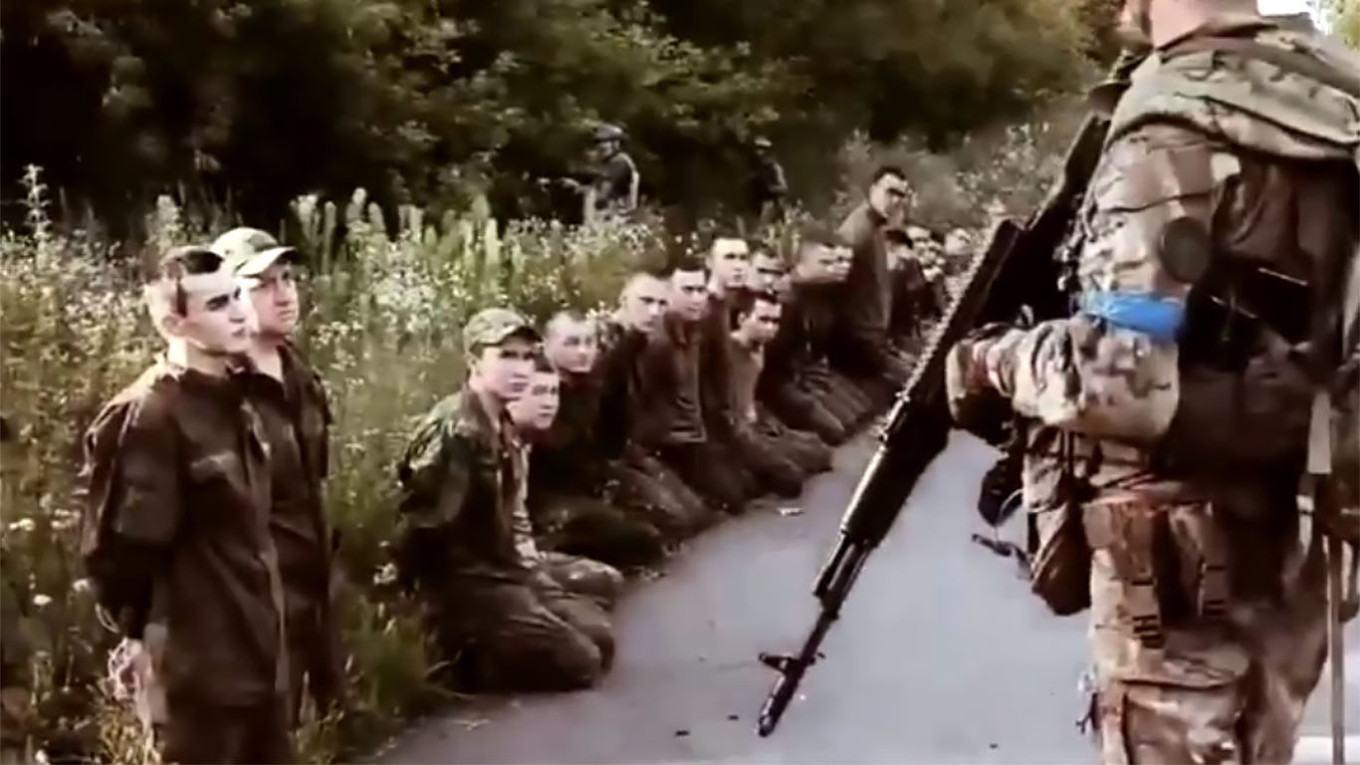
According to one mother of a conscript in Kursk, at least 52 families are seeking information from Russia’s Defense Ministry regarding their sons’ whereabouts after losing contact with them.
Along with the search for answers from the Defense Ministry, families have also launched a petition asking Putin to withdraw conscript soldiers from the combat zone in Kursk.
“We are the mothers of conscripts, and we ask you to withdraw conscripts from combat zones. They have no experience in military engagements and lack weapons,” Oksana Deeva, the mother of a conscript who is serving in the village of Korenevo near the Ukrainian border, said in the petition.
“A full-scale offensive is currently taking place in our territory. Please save the lives of untrained soldiers in combat,” added the petition, which currently has more than 7,700 signatures.
Compulsory military service is a mandatory period of service in the Armed Forces required of all male citizens between the ages of 18 and 30 to acquire basic military skills. Evading conscription is punishable by up to two years in prison.
Many conscripts — like Tipusyak, who said in the video that he was unprepared for combat — lack the training and experience needed for active combat.
"We went to the shooting range once. I fired two rounds. Some were lucky and got three or four rounds. I didn't fire any more," Tipusyak said, recalling his military training.
The involvement of less-trained conscripts in combat operations alongside professional contract soldiers has historically been highly unpopular, especially during the Soviet invasion of Afghanistan and the Chechen wars.
Yet, conscripts are by law “considered military personnel with all the rights and responsibilities that entails," Sergei Krivenko, director of the Citizen. Army. Rights human rights group, told The Moscow Times.
Under Russian law, a conscript can be sent into combat for special tasks just four months after being drafted and receiving their initial military specialty.
"After four months, there are no restrictions at all — they become full-fledged soldiers and can be deployed not only to Ukraine but also anywhere in the world,” Krivenko said.
One of the biggest incidents involving conscripts during the invasion of Ukraine was the sinking of the missile cruiser Moskva in April 2022. According to independent Russian media, up to 500 personnel were serving on the flagship, two-thirds of whom may have been conscripts.
Russia’s Defense Ministry only confirmed one death, adding that 27 went missing and 396 were rescued. Independent media reported that up to 40 personnel had died.
In total, at least 159 Russian conscripts have been killed since the beginning of the war, according to the BBC Russian Service and the Mediazona news website, which maintain a tally of confirmed Russian soldier fatalities.
Following the Kursk incursion, State Duma deputy Andrei Gurulev confirmed that conscript soldiers were engaged in combat, a departure from the authorities' usual efforts to downplay the presence of conscripts in combat zones.
“In this conflict, conscripts in the Kursk region successfully defended against an entire brigade's assault, and not a single soldier was lost,” he said.
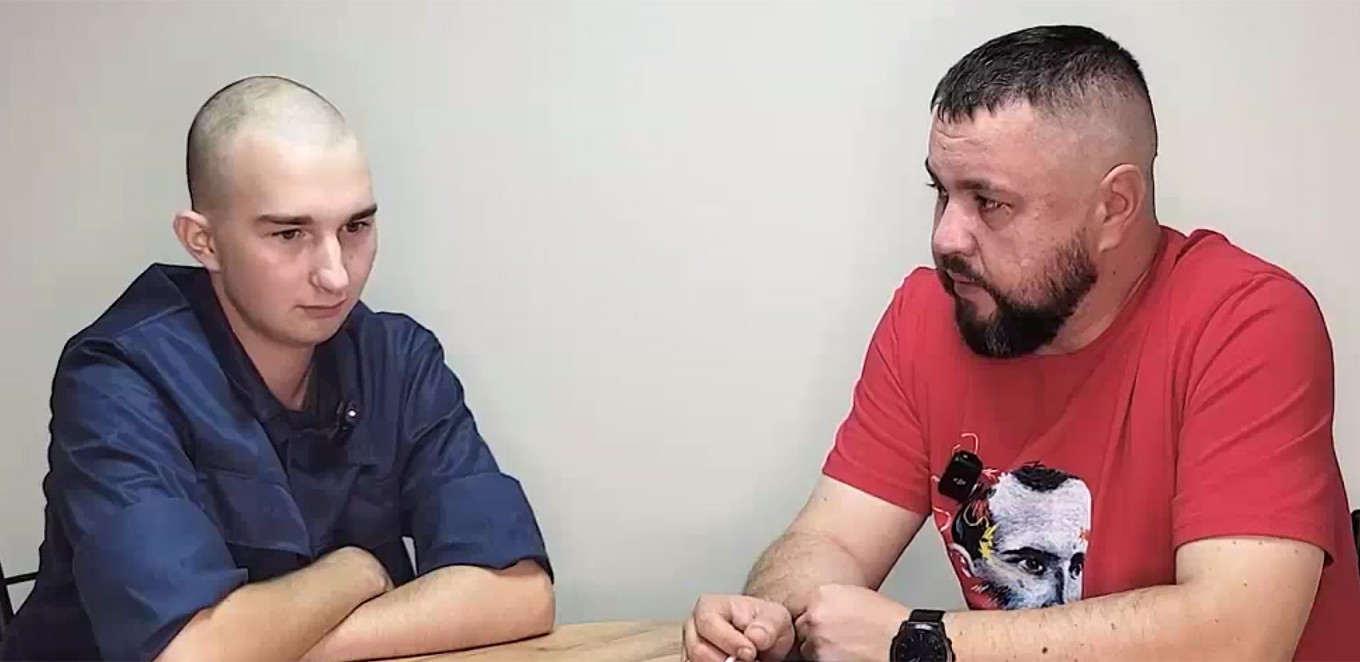
Reports also said that conscripts who were evacuated from Kursk after Ukraine’s attack were allegedly forced to sign military contracts in order to send them back to the border. Relatives of conscript soldiers also told the Ostorozhno Novosti Telegram channel that conscripts from the 80th Motor Rifle Division in the Murmansk region were reportedly being prepared to be deployed to the Kursk region.
“There is a distinction in the public consciousness — conscripts are forcibly drafted to defend the homeland, while contract soldiers enlist voluntarily,” Krivenko said.
According to Krivenko, one of the problems is the fact that military units are mixed and consist of conscripts, contract soldiers and mobilized personnel, which makes it very difficult for the command to separate conscripts from contract soldiers.
The U.S. think tank The Institute for the Study of War (ISW) shared the same view.
“The disorganized nature of regular Russian battalions…as well as the integration of conscripts, FSB personnel, and Rosgvardia elements in combat, will hinder the Russian effort to establish effective command and control,” the think tank said.
While the deployment of conscripts to combat zones is not officially prohibited, the fact that conscripts are not sent to the front lines is due to “the goodwill of the president and the defense minister,” Krivenko told The Moscow Times.
"There are still plenty of risks for conscripts and [the situation in Kursk] is unlikely to lead to any significant changes [regarding their service]," he added.
A Message from The Moscow Times:
Dear readers,
We are facing unprecedented challenges. Russia's Prosecutor General's Office has designated The Moscow Times as an "undesirable" organization, criminalizing our work and putting our staff at risk of prosecution. This follows our earlier unjust labeling as a "foreign agent."
These actions are direct attempts to silence independent journalism in Russia. The authorities claim our work "discredits the decisions of the Russian leadership." We see things differently: we strive to provide accurate, unbiased reporting on Russia.
We, the journalists of The Moscow Times, refuse to be silenced. But to continue our work, we need your help.
Your support, no matter how small, makes a world of difference. If you can, please support us monthly starting from just $2. It's quick to set up, and every contribution makes a significant impact.
By supporting The Moscow Times, you're defending open, independent journalism in the face of repression. Thank you for standing with us.
Remind me later.



